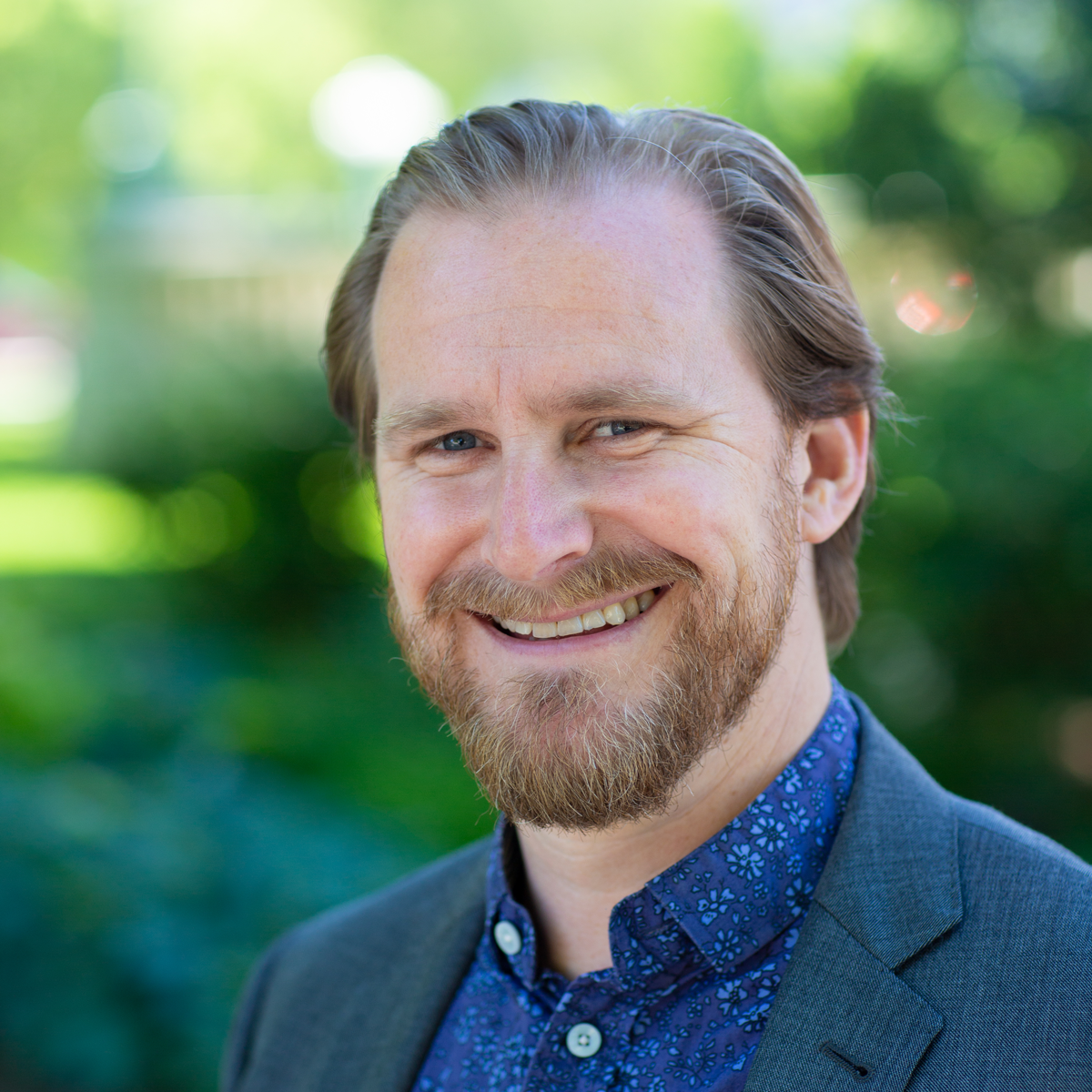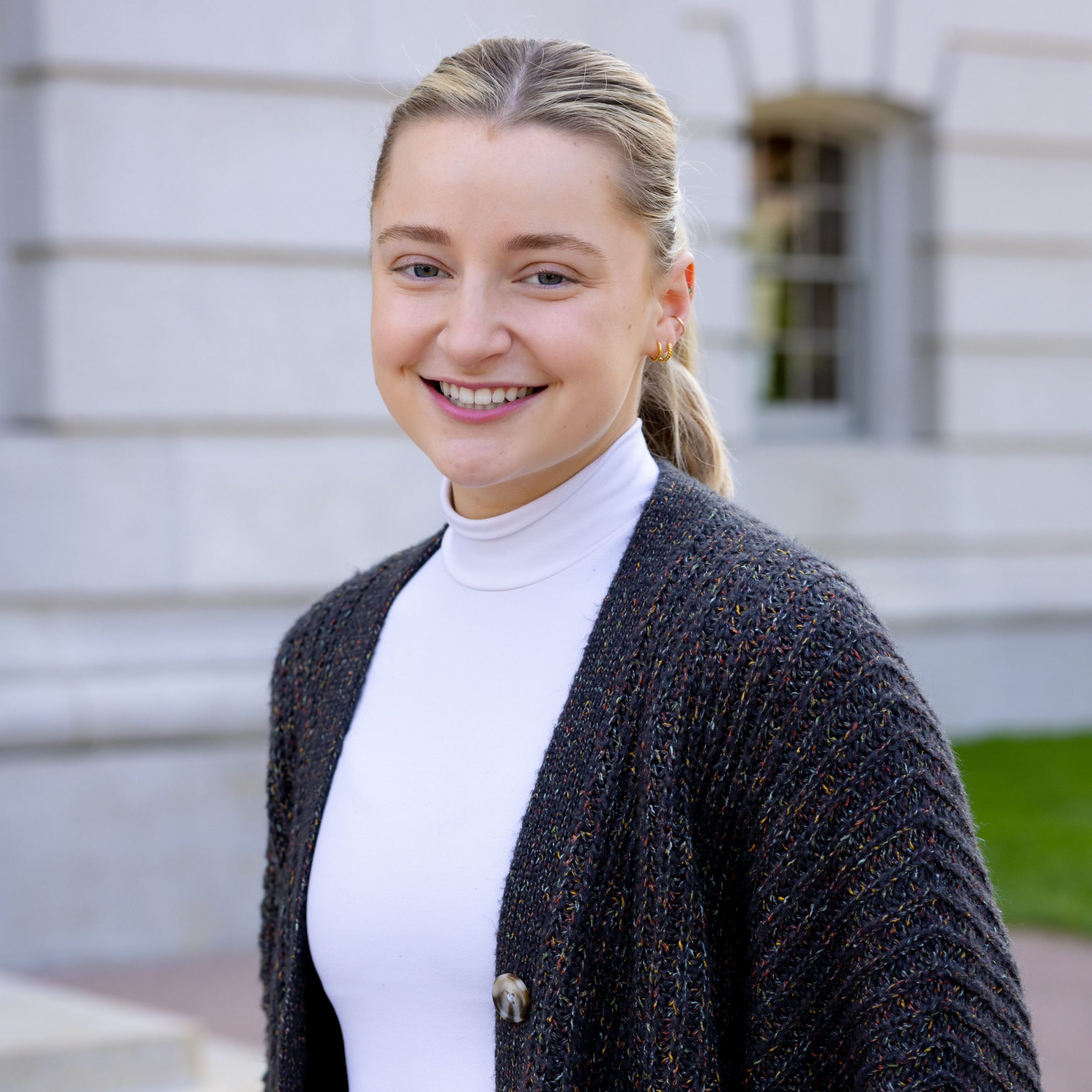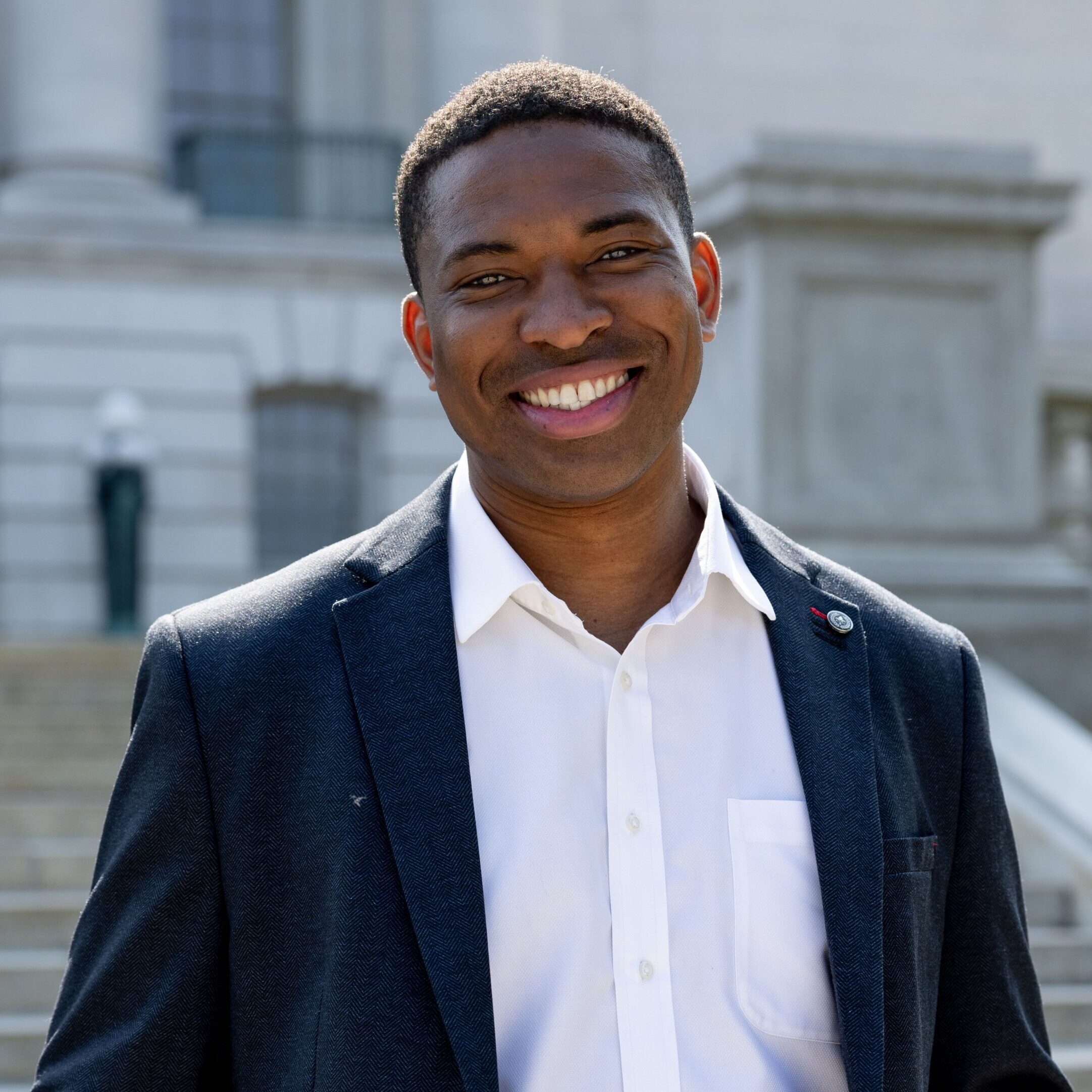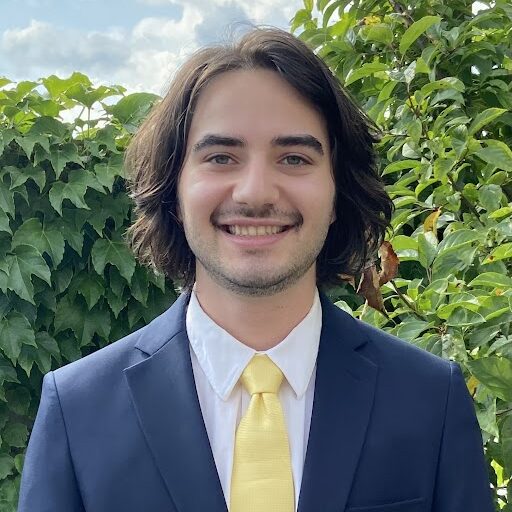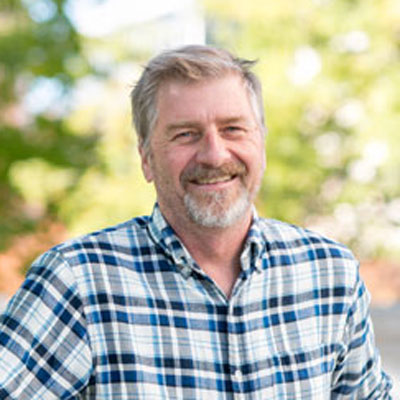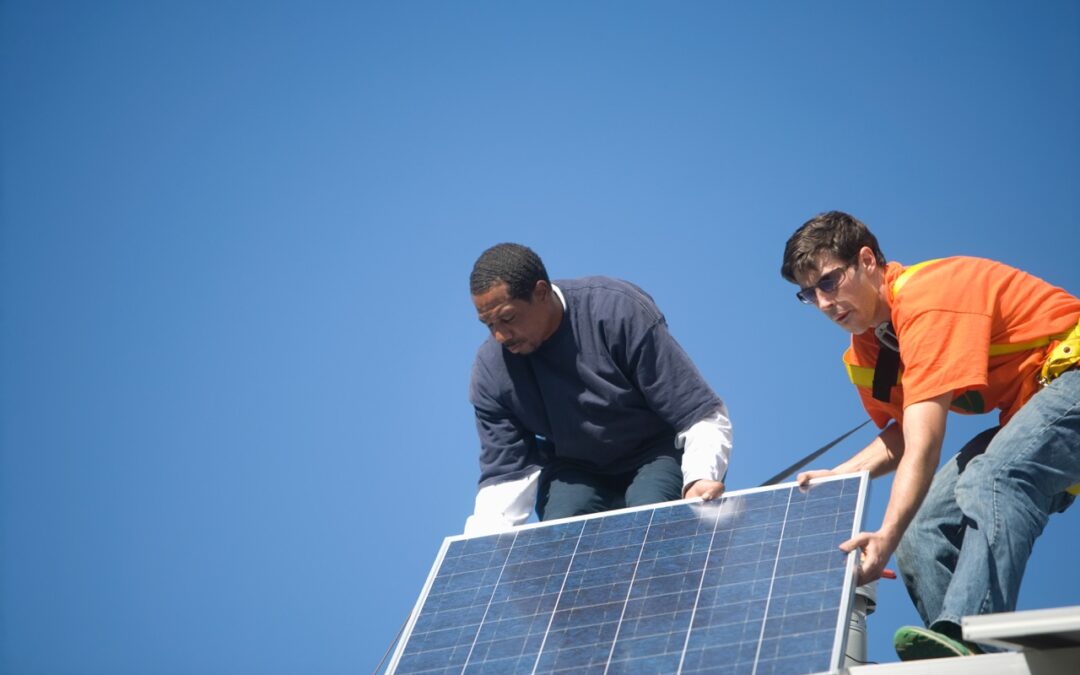
by Alex Beld | Nov 10, 2023 | Advocacy, Net Metering, Policy, Press Release, Public Service Commission, Utilities
The Public Service Commission of Wisconsin (PSCW) unanimously voted to keep net metering for Wisconsin Power and Light (Alliant) customers yesterday. Last week, PSCW denied Madison Gas & Electric’s proposal to eliminate net metering. These two decisions create certainty for Wisconsin’s solar industry and customers.
Traditional net metering is currently the most important policy tool Wisconsin has to fairly compensate rooftop solar owners and incentivize future solar installations. This model supports Wisconsin’s thriving solar industry, offers good-paying jobs, and helps Wisconsin reach its decarbonization goals. When the time comes to transition away from net metering, collaboration between clean energy advocates and utilities will be essential to ensure that the transition is equitable and values each customer’s solar installation.
The revised version of the Power Partnership would have preserved key aspects of net metering while creating new benefits. The adjusted proposal offered a durable framework that recognized the value of each customer’s solar installation to Alliant’s infrastructure. Power Partnership limited the risk to installers, ensured a steady revenue stream to solar customers, and provided a solid growth path for solar and storage.
We stand behind our work with Alliant to create a viable solution for the solar industry. We believe there is a path forward for a collaborative effort to ensure the benefits of clean energy are shared throughout the state. And we are grateful for the successful advocacy work of other intervenors and clean energy advocates in defending net metering. We look forward to continuing our collective work to ensure the benefits of clean energy are shared throughout the state.

by Alex Beld | Nov 3, 2023 | Advocacy, Net Metering, Policy, Press Release, Public Service Commission, Utilities
The Public Service Commission of Wisconsin (PSCW) delivered a unanimous decision on Friday to keep net metering in the Madison Gas & Electric (MGE) territory. This action is a win, not just for MGE customers but for all of Wisconsin.
“It almost felt as though it was a half-hearted proposal, and so I didn’t feel like there was enough information to support authorizing it [MGE’s proposed net metering change],” said PSCW Chairperson Rebecca Valq. “… for Wisconsin to have a consistent approach to net metering, I would not approve this proposal.”
There was overwhelming support to keep net metering in MGE’s service territory. There were 500 members of the public and 14 intervenors, including RENEW, who opposed MGE’s proposed net metering changes. This collective effort played a vital role in ensuring rooftop solar will remain financially viable for MGE solar customers.
This decision from the Public Service Commission of Wisconsin represents a major win for rooftop solar and the solar industry in Wisconsin. Net metering is fundamental in ensuring that rooftop solar owners are properly incentivized and compensated for their energy generation. We look forward to working with other utilities to ensure residential rooftop solar and large-scale renewable projects remain viable tools for meeting Wisconsin’s decarbonization goals.
Net metering has a direct impact on the local economy. The installation, maintenance, and servicing of rooftop solar systems creates employment opportunities, providing long-term benefits for Wisconsin communities and businesses. RENEW is celebrating the decision made by the PSCW today to ensure equitable access to solar for all Wisconsin families and create certainty for local solar installers.
The collective efforts of our members, partners, and the general public were crucial in the effort to protect net metering. Thank you to everyone who made their voices heard in the MGE rate case. We look forward to hearing from the PSCW again later this November when they deliver their decision for the Alliant Energy rate case.

by Beata Wierzba | Oct 19, 2023 | Advocacy, Community Solar, Electric Vehicles, Legislative Watchlist, Local Government, Policy, Solar
RENEW Wisconsin remains focused on net metering and the two rate cases before the Public Service Commission of Wisconsin (PSCW). The comment periods for both cases have closed and we can expect a decision from the PSCW in early November. In the meantime, we are continuing our work to support EV charging infrastructure while also pursuing bills that would allow Wisconsin residents to participate in community solar projects.
Net Metering
In most states, when you generate electricity from solar panels on your property, you get a credit for the energy you produce, reducing your electricity purchases from the utility and some compensation for sending any excess electricity from your system back to the grid. The Public Service Commission of Wisconsin (PSCW) is nearing a decision in two net metering rate cases.
In the Alliant Energy rate case, RENEW and Alliant have agreed to preserve net metering for two years and have created a clear pathway for future rooftop solar installations. At the end of the two-year period, new Alliant solar customers will shift away from net metering and into Power Partnership, a proposal that will support the sustainability of the solar industry. The PSCW will determine if this agreement is the best path forward when they deliver their decision in November.
RENEW still believes that net metering is the best policy for Wisconsin’s current solar industry, and we remain opposed to MGE’s proposal. We look forward to a positive outcome in both cases.
- RENEW staff has testified in both rate cases before the PSCW.
- RENEW has encouraged and empowered our members and the public to support net metering through the public comments process.
- RENEW staff is engaged with state legislators, making them aware of how these rate cases will affect their constituents and the solar industry in general.
Electric Vehicle Charging
Better access to charging stations to support the electric vehicle industry is a top priority for RENEW. We continue to support efforts to remove some of the barriers in Wisconsin. Current state law limits private companies’ ability to build charging stations by only allowing electric utilities to sell electricity to the public.
- RENEW anticipates legislation (likely led by Sen. Howard Marklein) to be introduced this fall to remove some of these barriers.
- RENEW is hoping the proposed legislation would allow non-utilities to provide electricity at charging stations by using the national standard of charging by the kilowatt hour rather than by the time it takes to charge.
- RENEW staff have been in regular communication with various interested parties and we hope to see movement on this proposal soon.
- To support these efforts, we also have preliminary plans to host educational, lobbying, and test-driving electric vehicle events through the fall.
Community Solar
Wisconsin state law limits solar installations to larger utility-built projects and smaller rooftop installations on individual homes or businesses. This leaves a gap in the options available for some Wisconsinites. Allowing community-based projects for individuals to participate in solar energy generation even if they do not own the building or have adequate sun exposure would create more equity as it relates to solar generation.
RENEW Wisconsin is part of a coalition of groups that support community solar projects, along with two bills introduced earlier this year that would allow Wisconsin residents to participate in community solar projects. SB 226 was authored by Sen. Duey Stroebel, and AB 258 was authored by Rep. Scott Krug.
- RENEW is encouraging the chairman of the committee, Sen. Julian Bradley, to schedule a hearing in the fall in the Senate Committee on Utilities & Technology.
- More than 30 organizations are listed as lobbyists on the proposal, with an almost equal number for and against.
- Utility groups have strongly opposed the bills.
- Supporters along with RENEW include the Alliance of WI Retailers, NAIOP Commercial Real Estate Association, League of WI Municipalities, WI Property Taxpayer Association, and Fieldworks Power. New supporters continue to join the effort.

by RENEW Wisconsin | Sep 25, 2023 | Advocacy, Net Metering, Policy, Public Service Commission, Utilities
RENEW Wisconsin and Alliant Energy have agreed to preserve net metering for two years and have created a clear pathway for future rooftop solar installations. At the end of the two-year period, new Alliant solar customers will shift away from net metering and into Power Partnership, a proposal that will support the sustainability of the solar industry.
Power Partnership preserves key aspects of net metering while creating new benefits. The agreement is a compromise that offers a durable framework that recognizes the value of each customer’s solar installation to Alliant’s infrastructure. Power Partnership limits the risk to installers, ensures a steady revenue stream to solar customers, and provides a solid growth path for solar and storage.
Additionally, after net metering is fully phased out, Power Partnership will continue to provide customers and installers with the information they need to estimate payback periods for new installations. This was a non-negotiable aspect of RENEW’s agreement with Alliant.
This is a win for the solar industry and wouldn’t be possible without the incredible grassroots efforts of every person and organization who submitted public comments and testimony to the Public Service Commission of Wisconsin. This unified action helped bring Alliant to the table.
These collective efforts gave us the opportunity to bargain from a strong position and have a voice in crafting what a net metering transition in Wisconsin looks like. This agreement creates certainty for the solar industry and the customers who support it, in both the short and long term.
Key Aspects of the Proposal:
- New customers with installations under 20 kW will be able to choose between net metering and Power Partnership until Dec. 31, 2025.
- Net metering customers will receive legacy treatment until 2032.
- Bill credits earned under Power Partnership will carry over on a monthly basis for one year.
- Power Partnership will expand access to installations between 20 kW and 75 kW.
- Alliant will create a payback calculator to help customers plan financially for their solar installations.
- Customers will have a minimum charge of $10 per month for installations up to 20 kW and $15 per month for installations between 20-75 kW. This charge will not apply to current net metering customers.
Transitions away from net metering are rarely this favorable to solar customers, and we are grateful for Alliant’s collaboration and the organized support of clean energy advocates. RENEW still believes that net metering is the best policy for Wisconsin’s current solar industry, and our opposition to MGE’s proposal continues. We hope that we can depend on your support in that effort.

by Beata Wierzba | Sep 22, 2023 | Advocacy, Community Solar, Electric Vehicles, Legislative Watchlist, Local Government, Policy, Solar
The 2023-24 legislative session in Wisconsin is nearing the halfway point. Much has happened in the last year, and we are hoping to make great strides by the end of the current legislative session.
This year’s biennial budget bill for 2023-25 had several provisions we were monitoring — however, most of them were removed from the final version. The budget did ultimately include a $75 increase to annual registration fees for electric vehicles.
Despite the outcome of the budget bill, there are still opportunities in several key areas. One of our main focuses of late has been net metering and the two rate cases before the Public Service Commission of Wisconsin (PSCW). We are also working to remove barriers in the effort to build EV charging infrastructure while also supporting bills that would allow Wisconsin residents to participate in community solar projects.
Net Metering Proposal
In most states, when you generate electricity from solar panels on your property, you get a credit for the energy you produce, reducing your electricity purchases from the utility and some compensation for sending any excess electricity from your system back to the grid. RENEW Wisconsin has been active in two net metering rate cases before the Public Service Commission of Wisconsin (PSCW).
In the Alliant Energy rate case, RENEW and Alliant have agreed to preserve net metering for two years and have created a clear pathway for future rooftop solar installations. At the end of the two-year period, new Alliant solar customers will shift away from net metering and into Power Partnership, a proposal that will support the sustainability of the solar industry.
RENEW still believes that net metering is the best policy for Wisconsin’s current solar industry, and our opposition to MGE’s proposal continues. The comment period for MGE’s rate case before the PSCW has closed. A final decision from the PSCW in both the MGE and Alliant rate cases is expected in late October or early November.
- RENEW staff has testified in both rate cases before the PSCW.
- RENEW has encouraged and empowered our members and the public to support net metering through the public comments process.
- RENEW staff is engaged with state legislators, making them aware of how these rate cases will affect their constituents and the solar industry in general.
Electric Vehicle Charging
Recognizing the need for better access to charging stations to support the electric vehicle industry, RENEW is working to support efforts to remove some of the barriers created by restrictions in state law. State law limits private companies’ ability to build charging stations by only allowing electric utilities to sell electricity to the public.
- RENEW anticipates legislation (likely led by Sen. Howard Marklein) to be introduced this fall to remove some of these barriers.
- RENEW is seeking a proposal that would allow non-utilities to provide electricity at charging stations by using the national standard of charging by the kilowatt hour rather than by the time it takes to charge.
- RENEW staff have been in regular communication with various interested parties and we hope to see movement on this proposal soon.
- To support these efforts, we also have preliminary plans to host educational, lobbying, and test-driving electric vehicle events through the fall.
Community Solar
Current Wisconsin state law limits solar installations to larger utility-built projects and smaller rooftop installations on private property of individual homes or businesses. What is lacking is the option for community-based projects for individuals to participate in solar energy generation even if they do not own the building or have adequate sun exposure or roof space to accommodate solar installations.
RENEW Wisconsin has joined a coalition of groups that support community solar projects that would provide new opportunities for the industry and customers. Two bills were introduced earlier this year that would allow Wisconsin residents to participate in community solar projects. SB 226 was authored by Sen. Duey Stroebel, and AB 258 was authored by Rep. Scott Krug.
- RENEW is encouraging the chairman of the committee, Sen. Julian Bradley, to schedule a hearing in October in the Senate Committee on Utilities & Technology.
- More than 30 organizations are listed as lobbyists on the proposal, with an almost equal number for and against.
- Utility groups and labor representatives have strongly opposed the bills.
- Supporters along with RENEW include the Alliance of WI Retailers, NAIOP Commercial Real Estate Association, League of WI Municipalities, WI Property Taxpayer Association, and Fieldworks Power.
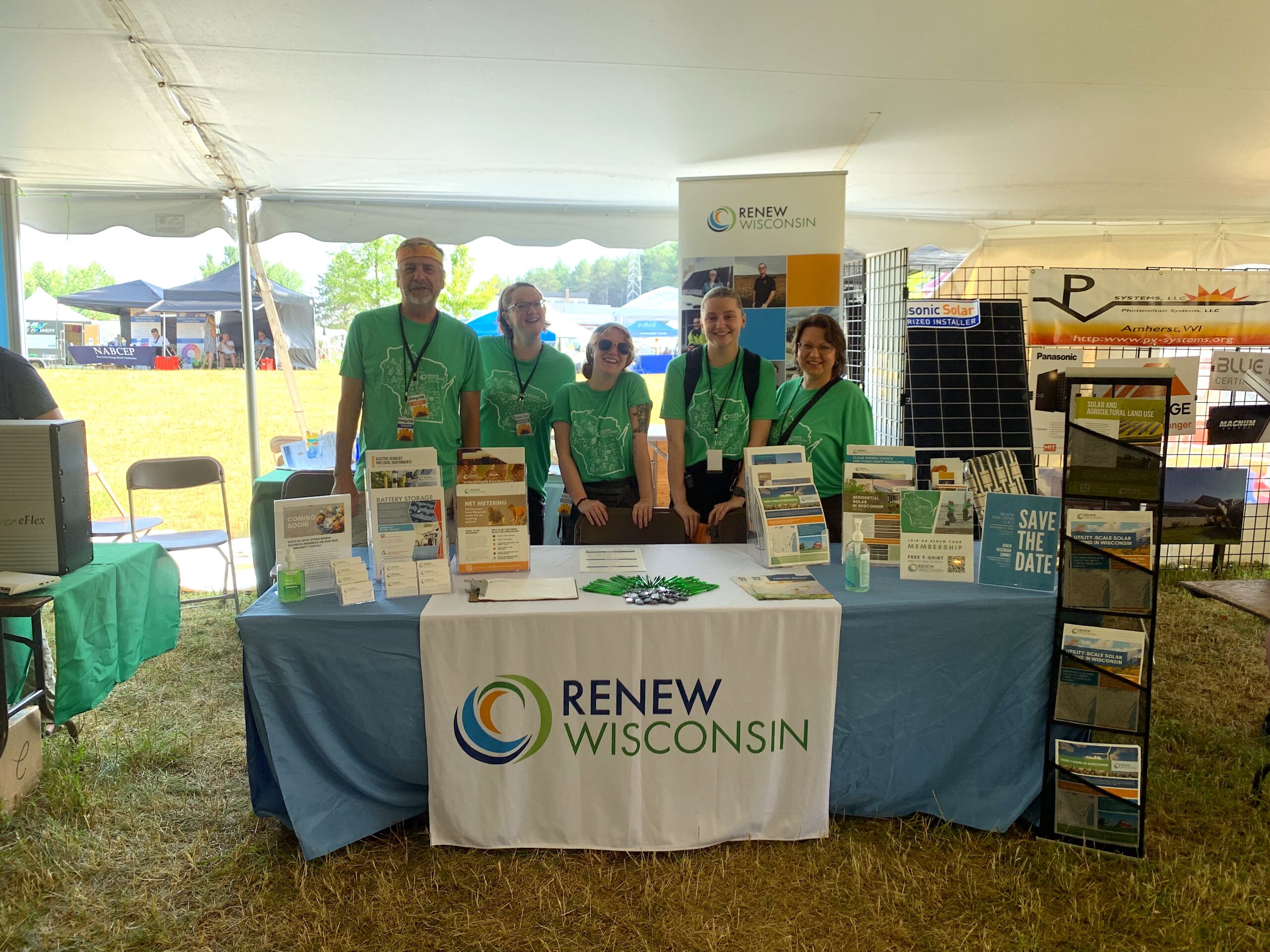
by Julia Holzschuh | Jun 27, 2023 | Electric Vehicles, Electrification, Energy Storage, Events, Inflation Reduction Act, Local Government, Netzero Wisconsin, Policy, Programs, RENEW Wisconsin, Renewables, Solar, Solar for Good, Sustainability, Utility Scale
Last weekend, the Midwest Renewable Energy Association (MREA) hosted the 32nd Annual Energy Fair, bringing people together to learn about sustainability and clean energy, connect with others, and take action toward a sustainable future. The Fair featured workshops, exhibitors, live music, inspiring keynote speakers, family fun, great local food, and more.
RENEW staff presented some compelling workshops and you can download slides from their presentations below.
Zero Carbon by 2050—A Path for Wisconsin
Andrew Kell, RENEW Policy Director, discussed zero-carbon goals and ongoing planning efforts in Wisconsin. Andrew also was a guest on a live podcast, focused on Wisconsin’s Net Zero future.
MadiSUN Workforce Training
Lauren Cohen, RENEW Program Coordinator, held a workshop regarding career growth opportunities within Wisconsin’s clean energy industry, focusing primarily on opportunities within the solar industry.
Vehicle-to-Grid: Opportunities and Challenges
Francisco Sayu, RENEW Emerging Technology Director, discussed how Vehicle-to-Grid technology unlocks the energy stored in electric vehicles and opens opportunities for energy trading, energy management, and grid resiliency.
Farming Sunshine: Solar and Ag Land Use
Nolan Stumpf, one of RENEW’s Interns, presented a session regarding solar farms and the opportunities and challenges of using the land for farming purposes and advancing clean energy.
Can Clean Energy Overcome Local Opposition?
Michael Vickerman, RENEW Clean Energy Deployment Manager, discussed the opposition clean energy faces at the local level and how to overcome those barriers.




